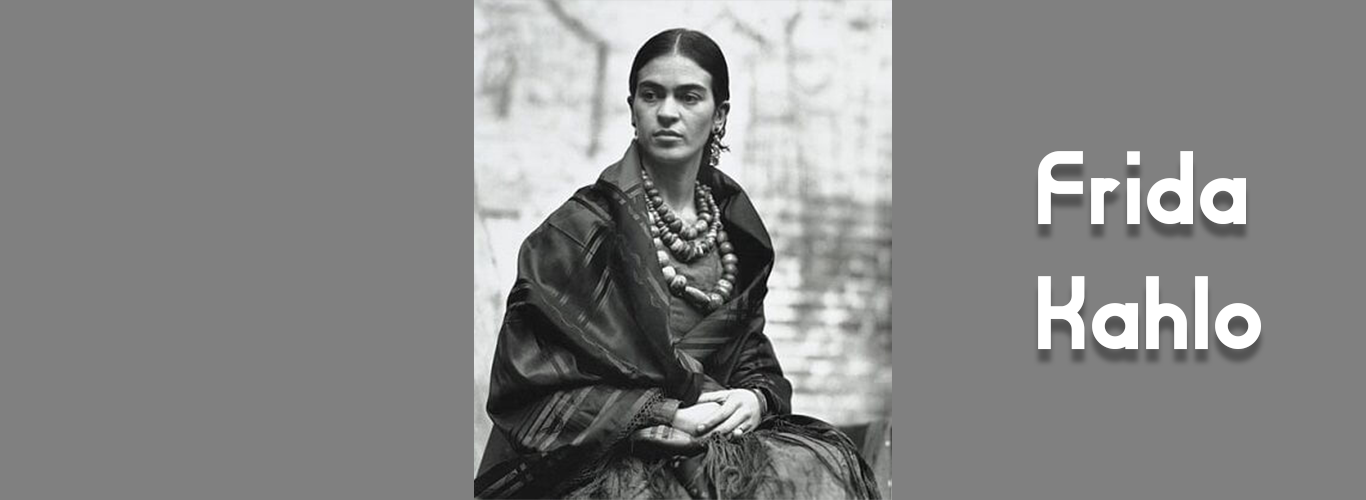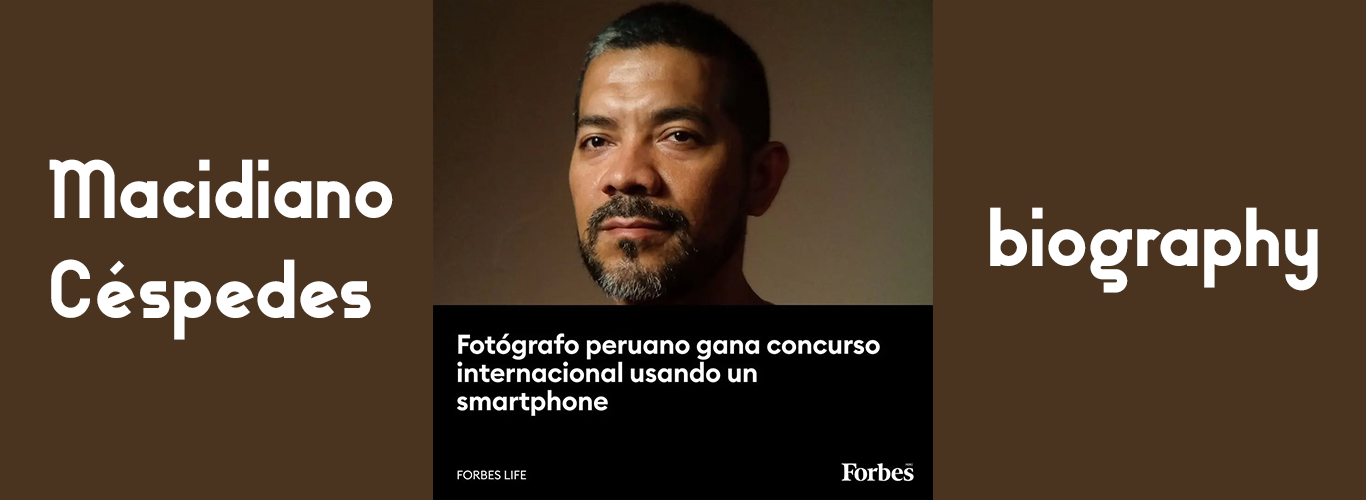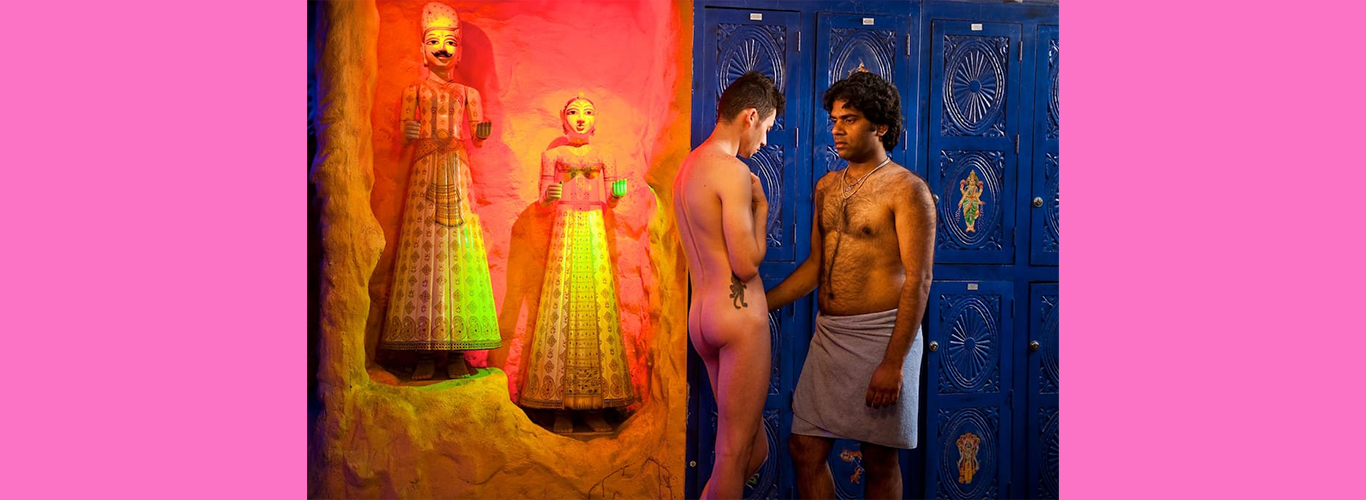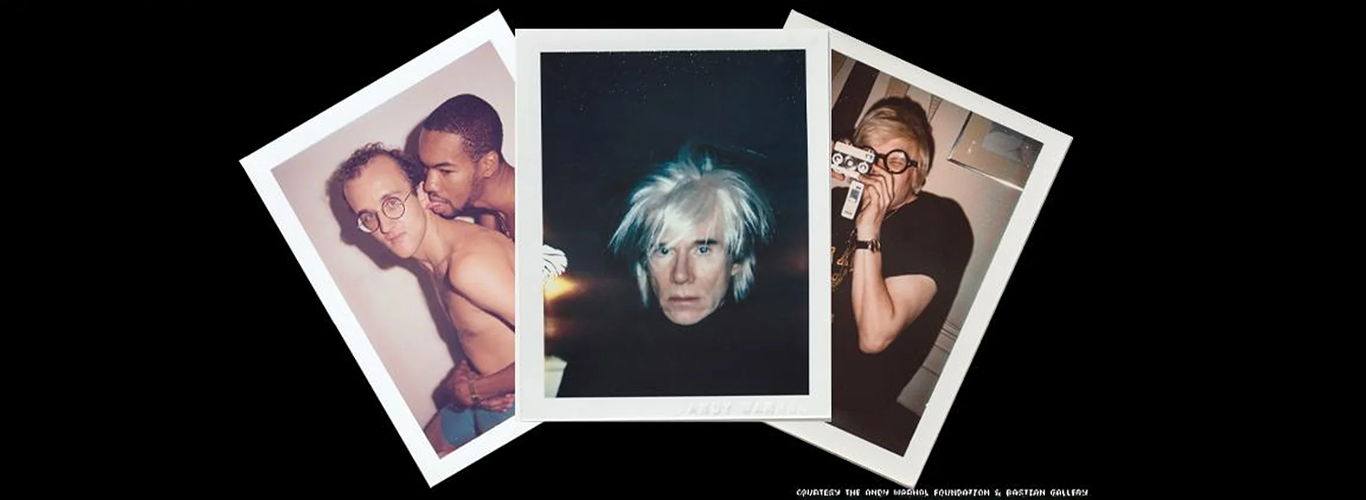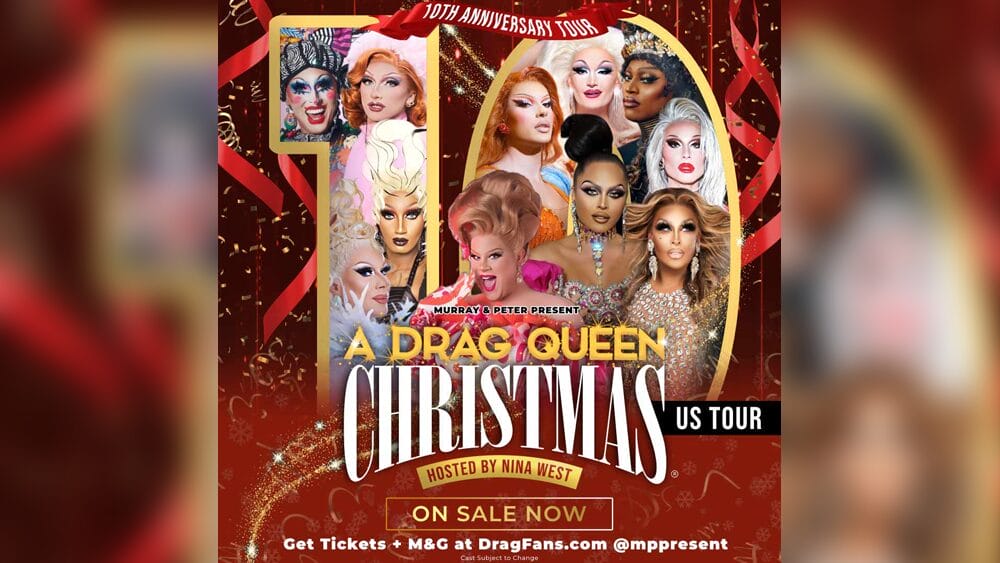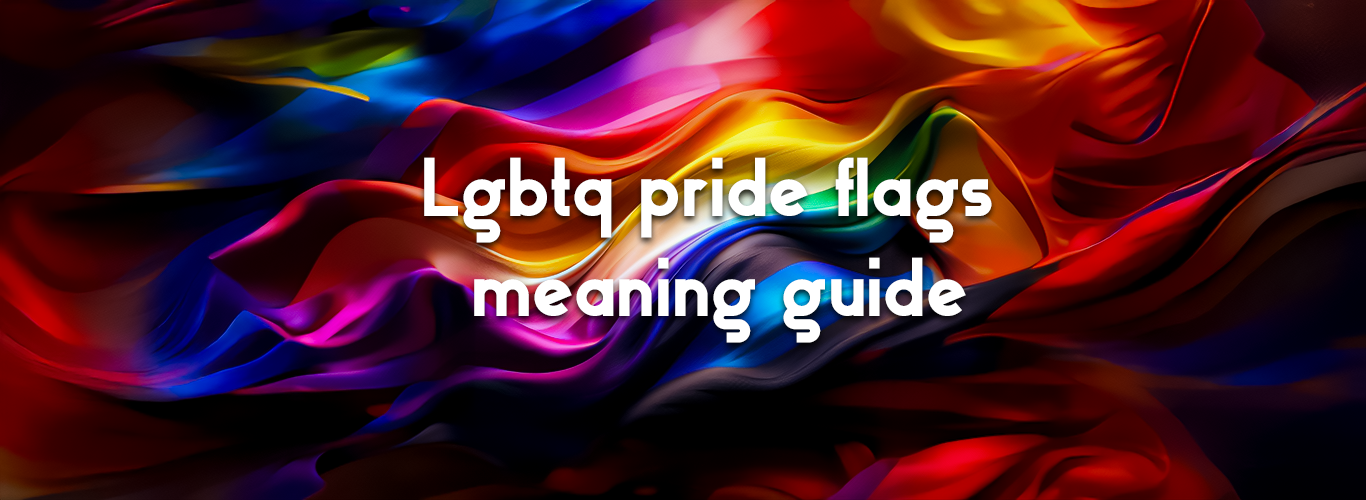Unveiling Frida Kahlo’s Inspiring Journey: A Deep Dive into Her Life and Art
Source: https://www.fridakahlo.org/frida-kahlo-biography.jsp
Website: https://www.fridakahlo.org/
Browse LGBTQ Finest Products: https://lgbtqdigitalart.com/
Frida Kahlo
Frida Kahlo remains a beacon of artistic brilliance and personal resilience, captivating audiences worldwide with her vivid self-portraits and compelling life story. Her journey, marked by profound personal challenges and an unyielding spirit, offers invaluable insights into the intersection of art, identity, and perseverance.
Early Life and Heritage
Born on July 6, 1907, in Coyoacán, Mexico City, Magdalena Carmen Frida Kahlo y Calderón was the daughter of Guillermo Kahlo, a German photographer, and Matilde Calderón y González, of indigenous and Spanish descent. This rich cultural heritage profoundly influenced her artistic vision, blending European techniques with Mexican folk art elements.
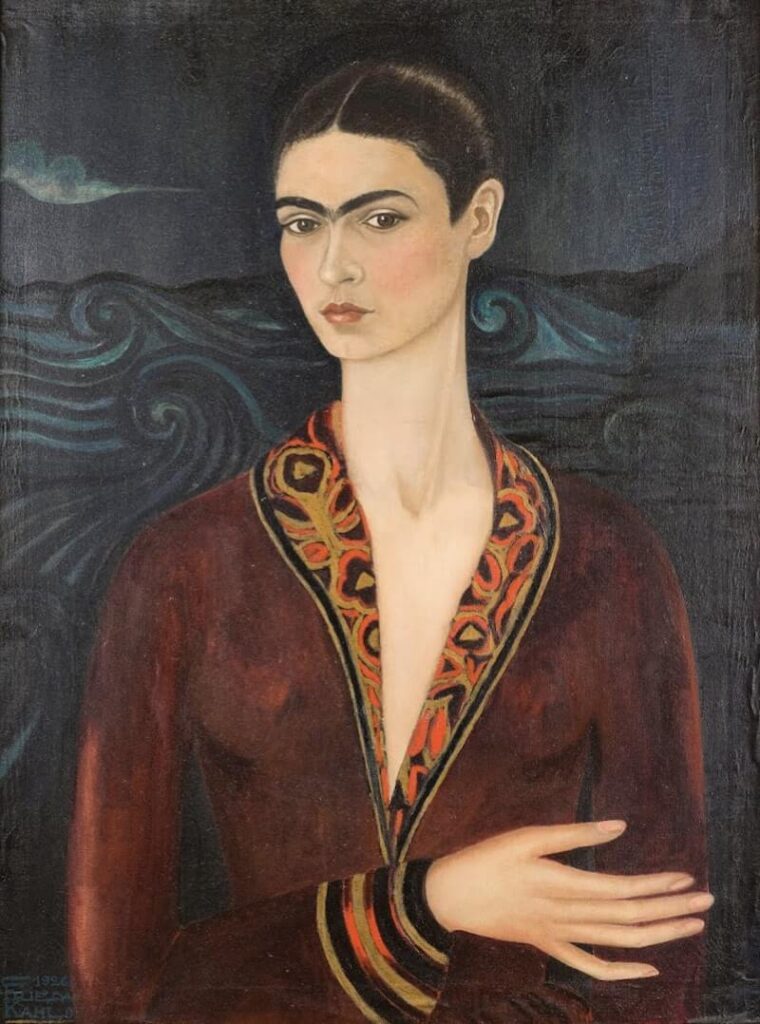
Childhood Challenges and Early Resilience
At six, Kahlo contracted polio, resulting in a lifelong limp due to the disease’s impact on her right leg. Undeterred, she engaged in various sports, including soccer and swimming, to aid her recovery, showcasing early signs of her indomitable spirit.
A Life-Altering Accident
In 1925, at 18, Kahlo’s life took a dramatic turn when a bus accident left her with multiple fractures, including her spine and pelvis. During her prolonged recovery, she began painting, using art as a means to cope with her physical and emotional pain. This period marked the genesis of her distinctive style, characterized by raw, personal narratives.
Artistic Evolution and Themes
Kahlo’s oeuvre is renowned for its vivid colors and symbolic content, often delving into themes of identity, suffering, and the female experience. Her self-portraits, such as “The Two Fridas” (1939), serve as profound explorations of her dual heritage and personal struggles.
Personal Life and Relationships
In 1929, Kahlo married famed muralist Diego Rivera, a union marked by mutual admiration and tumultuous dynamics. Their relationship, fraught with infidelities and separations, significantly influenced Kahlo’s work, infusing it with themes of love, betrayal, and identity.
Political Engagement and Influence
A committed communist, Kahlo’s political beliefs permeated her art and life. She and Rivera provided refuge to exiled Soviet leader Leon Trotsky in 1937, reflecting their deep political convictions. Kahlo’s works often critique societal norms and champion indigenous Mexican culture, underscoring her role as both artist and activist.
Health Struggles and Later Years
Kahlo’s health continued to decline due to complications from her accident, leading to numerous surgeries and prolonged hospitalizations. Despite these challenges, she remained artistically active, producing some of her most poignant works during this period, including “The Broken Column” (1944), which poignantly depicts her physical and emotional anguish.
Legacy and Posthumous Recognition
Frida Kahlo passed away on July 13, 1954, at the age of 47. In the decades following her death, her work gained international acclaim, solidifying her status as a feminist icon and a symbol of Mexican cultural pride. Her former residence, La Casa Azul, now serves as the Frida Kahlo Museum, attracting visitors from around the world who seek to connect with her enduring legacy.
Conclusion
Frida Kahlo’s life and art continue to resonate, offering a testament to the power of resilience and self-expression. Her ability to transform personal suffering into universal narratives of strength and identity ensures her place as a timeless figure in art history.
Hashtags: #FridaKahlo #MexicanArt #SelfPortraits #DiegoRivera #LaCasaAzul #ArtHistory #FeministIcon #Surrealism #MexicanCulture #ArtisticResilience #FridaAndDiego #KahloLegacy #FridaMuseum #IconicArtist #ArtisticJourney #FridaInspiration #Coyoacan #FridaExhibitions #KahloArt #FridaBiography #FridaKahloQuotes #FridaKahloPaintings #FridaKahloMuseum #FridaKahloLife #FridaKahloLegacy


